It seems like only yesterday when the one billion mark was passed in 2008.
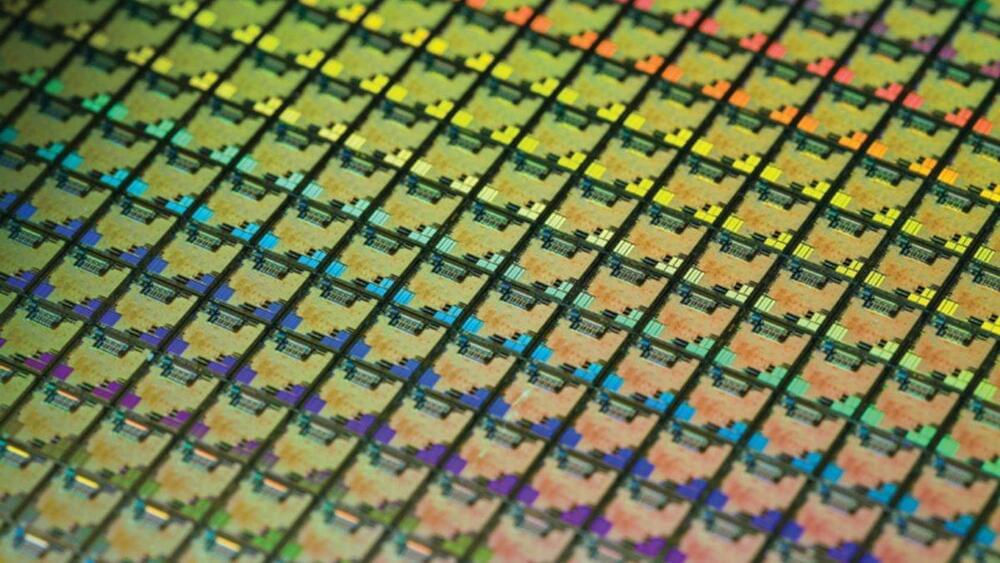


Using a blink-and-you’ll-miss-it experiment, researchers from Trinity College Dublin have discovered that individuals differ widely in the rate at which they perceive visual signals. Some people perceive a rapidly changing visual cue at frequencies that others cannot, which means some access more visual information per timeframe than others.
This discovery suggests some people have an innate advantage in certain settings where response time is crucial, such as in ball sports, or in competitive gaming.
The rate with which we perceive the world is known as our “temporal resolution,” and in many ways it is similar to the refresh rate of a computer monitor.
On this day in 1976: Apple was founded.
Apple Inc., originally named Apple Computer, Inc., is a multinational corporation that creates and markets consumer electronics and attendant computer software, and is a digital distributor of media content. Apple’s core product lines are the iPhone smartphone, iPad tablet computer, and the Macintosh personal computer. The company offers its products online and has a chain of retail stores known as Apple Stores. Founders Steve Jobs, Steve Wozniak, and Ronald Wayne created Apple Computer Co. on April 1, 1976, to market Wozniak’s Apple I desktop computer,[2] and Jobs and Wozniak incorporated the company on January 3, 1977,[3] in Cupertino, California.
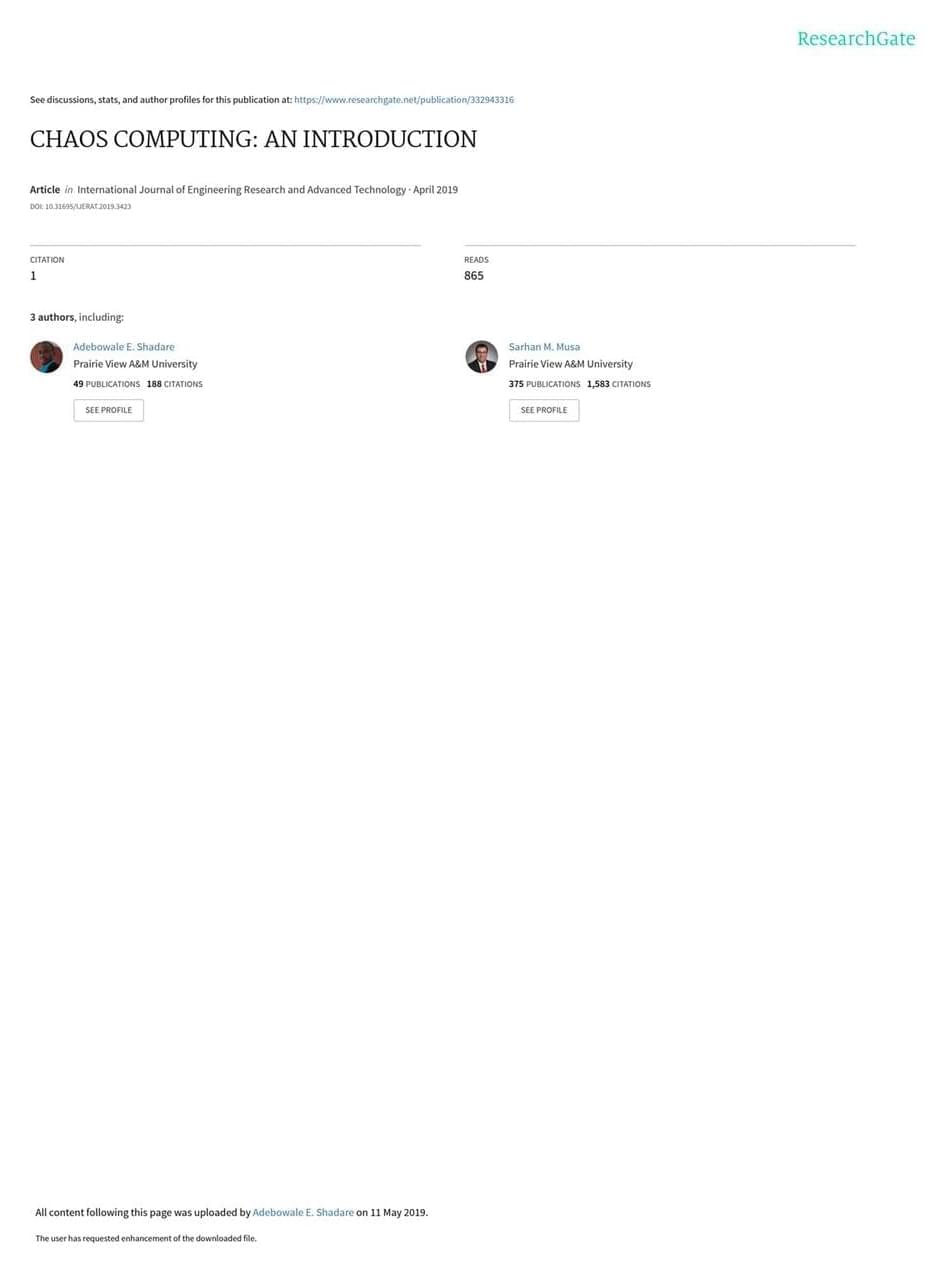
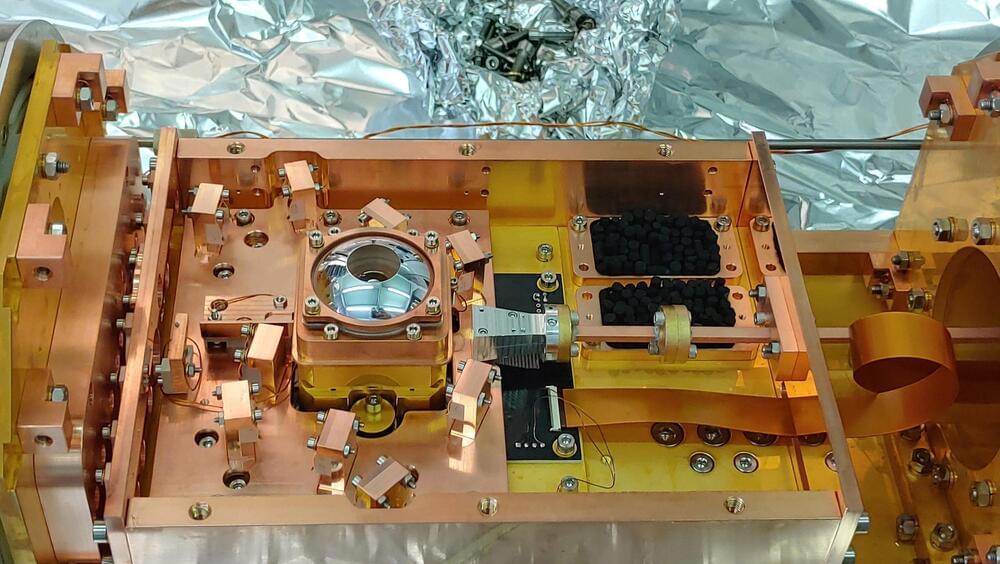
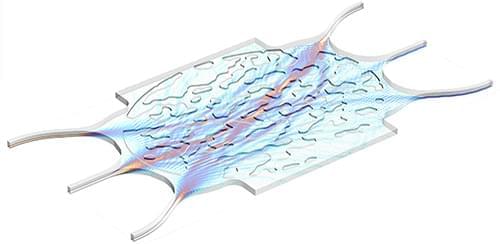

A new device consisting of a semiconductor ring produces pairs of entangled photons that could be used in a photonic quantum processor.
Quantum light sources produce entangled pairs of photons that can be used in quantum computing and cryptography. A new experiment has demonstrated a quantum light source made from the semiconductor gallium nitride. This material provides a versatile platform for device fabrication, having previously been used for on-chip lasers, detectors, and waveguides. Combined with these other optical components, the new quantum light source opens up the potential to construct a complex quantum circuit, such as a photonic quantum processor, on a single chip.
Quantum optics is a rapidly advancing field, with many experiments using photons to carry quantum information and perform quantum computations. However, for optical systems to compete with other quantum information technologies, quantum-optics devices will need to be shrunk from tabletop size to microchip size. An important step in this transformation is the development of quantum light generation on a semiconductor chip. Several research teams have managed this feat using materials such as gallium aluminum arsenide, indium phosphide, and silicon carbide. And yet a fully integrated photonic circuit will require a range of components in addition to quantum light sources.
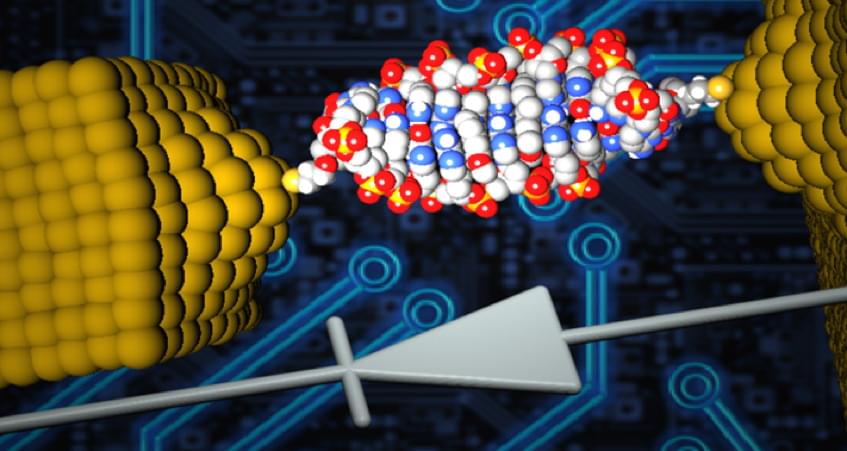
Diodes, also known as rectifiers, are a basic component of modern electronics. As we work to create smaller, more powerful and more energy-efficient electronic devices, reducing the size of diodes is a major objective. Recently, a research team from the University of Georgia developed the world’s smallest diode using a single DNA molecule. This diode is so small that it cannot be seen by conventional microscopes.
A diode is an electrical device that allows current to move through it in one direction much more easily than the other. No diode prevents 100% of current flow in one direction while allowing unlimited current in the other direction—in reality, a diode will always allow some current in both the “forward” and “backward” directions. The larger the imbalance favoring the “forward” direction, however, the better diode we have. Diodes are responsible for controlling the current in many common electronic components. Millions of diodes are embedded in a single silicon chip, and to increase the processing power of these chips, the diodes need to be made smaller.
Following a prediction originally made in 1965 by Intel co-founder Gordon Moore, now known as Moore’s law, scientists and engineers have been able to make smaller and smaller computer hardware by doubling the number of electronic components in a silicon chip every 18 months. These improvements in computing power are approaching the physical limits of silicon, however; when silicon components are too small, they will become unstable and their performance unpredictable.
Check out my course about quantum mechanics on Brilliant! First 30 days are free and 20% off the annual premium subscription when you use our link ➜ https://brilliant.org/sabine.
If you flip a light switch, the light will turn on. A cause and its effect. Simple enough… until quantum gravity come into play. Once you add quantum gravity, lights can turn on and make switches flip. And some physicists think that this could help build better computers. Why does quantum physics make causality so strange? And how can we use quantum gravity to build faster computers? Let’s have a look.
The paper on indefinite causal structures is here: https://arxiv.org/abs/quant-ph/0701019
🤓 Check out my new quiz app ➜ http://quizwithit.com/
💌 Support me on Donatebox ➜ https://donorbox.org/swtg.
📝 Transcripts and written news on Substack ➜ https://sciencewtg.substack.com/
👉 Transcript with links to references on Patreon ➜ / sabine.
📩 Free weekly science newsletter ➜ https://sabinehossenfelder.com/newsle…
👂 Audio only podcast ➜ https://open.spotify.com/show/0MkNfXl…
🔗 Join this channel to get access to perks ➜
/ @sabinehossenfelder.
🖼️ On instagram ➜ / sciencewtg.
#science #sciencenews #physics
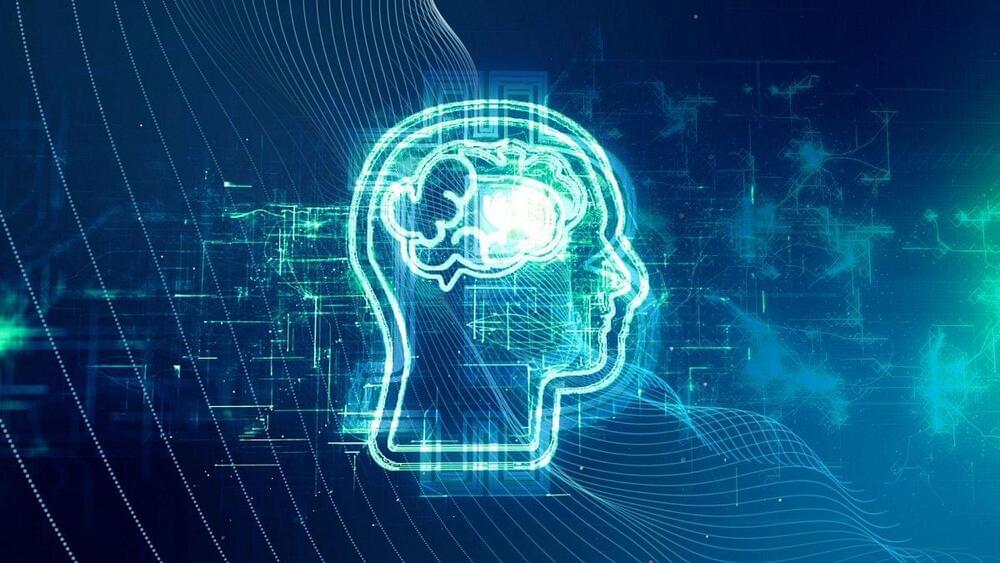
Very interesting article.
Now a physicist working at the University of Portsmouth in the UK has published research in the AIP Advances journal that he says provides support to the strange theory.
“I don’t want to paraphrase Morpheus from The Matrix but he said ‘what is real?’” the Associate Professor of Physics, Dr Melvin Vopson, said.
“All the senses that we have, they’re just electrical signals that are being decoded by our brains. What this is is a biological computer. There’s nothing more,” he added.